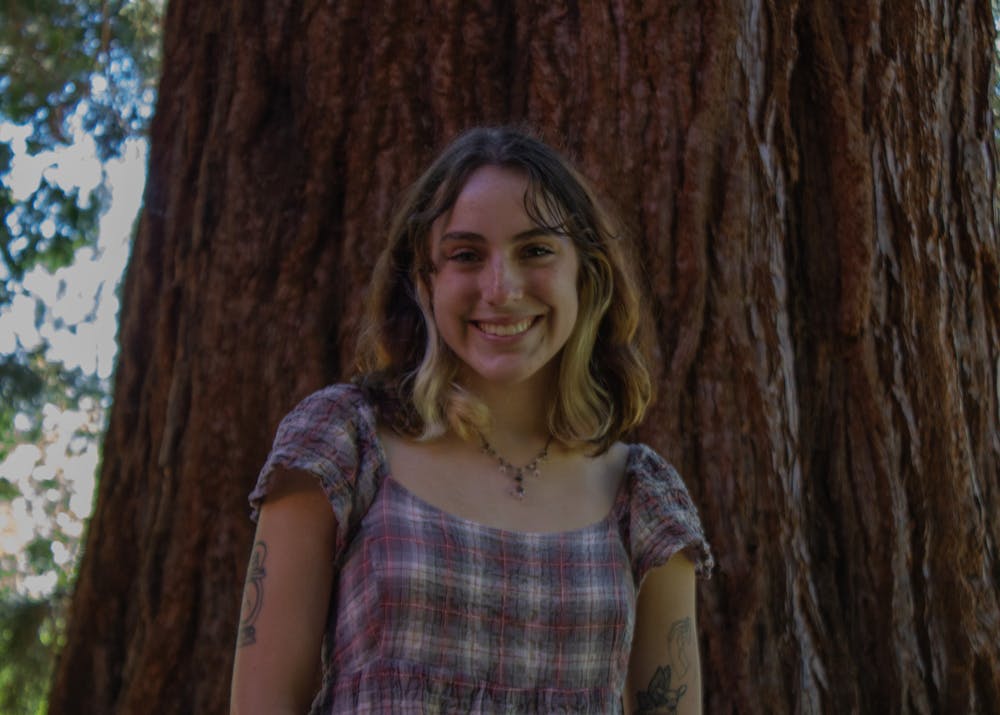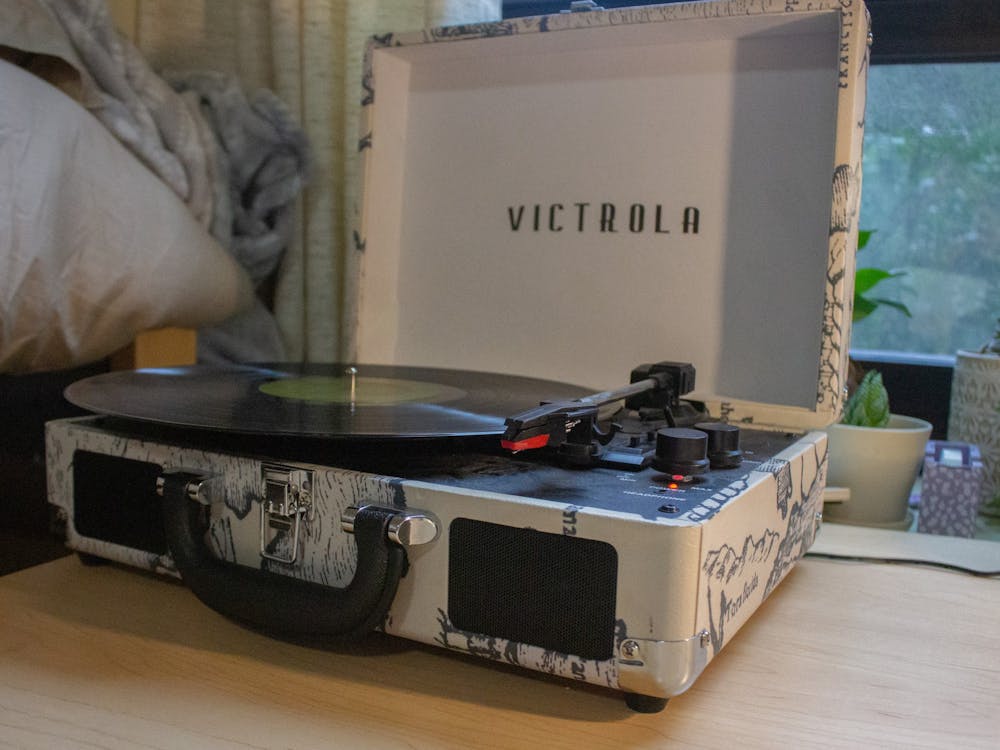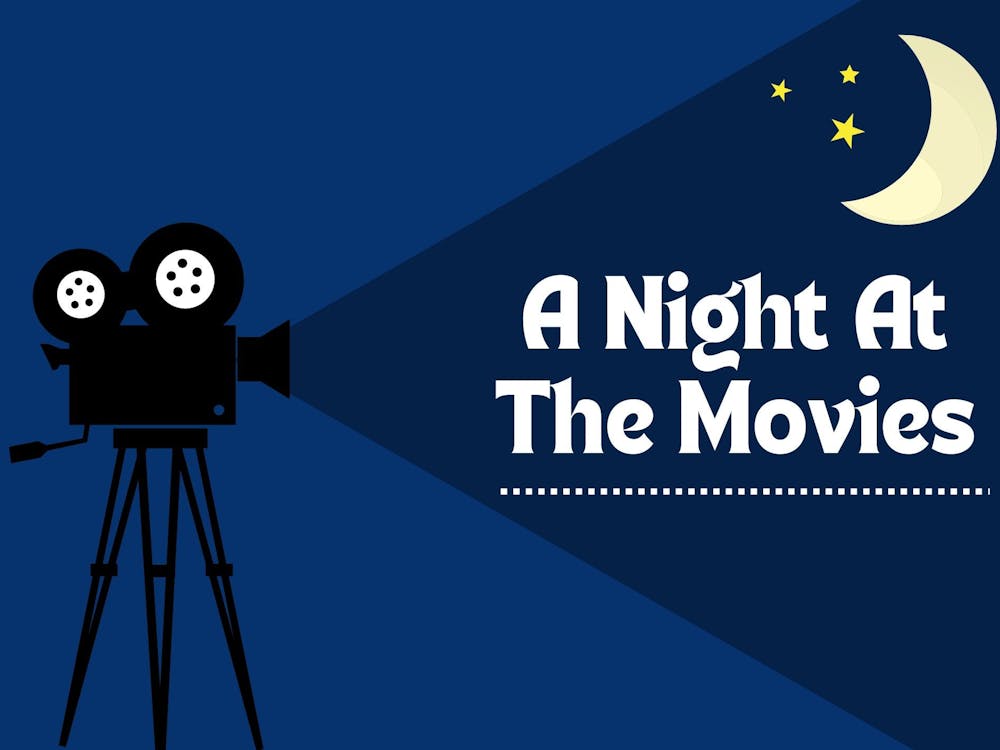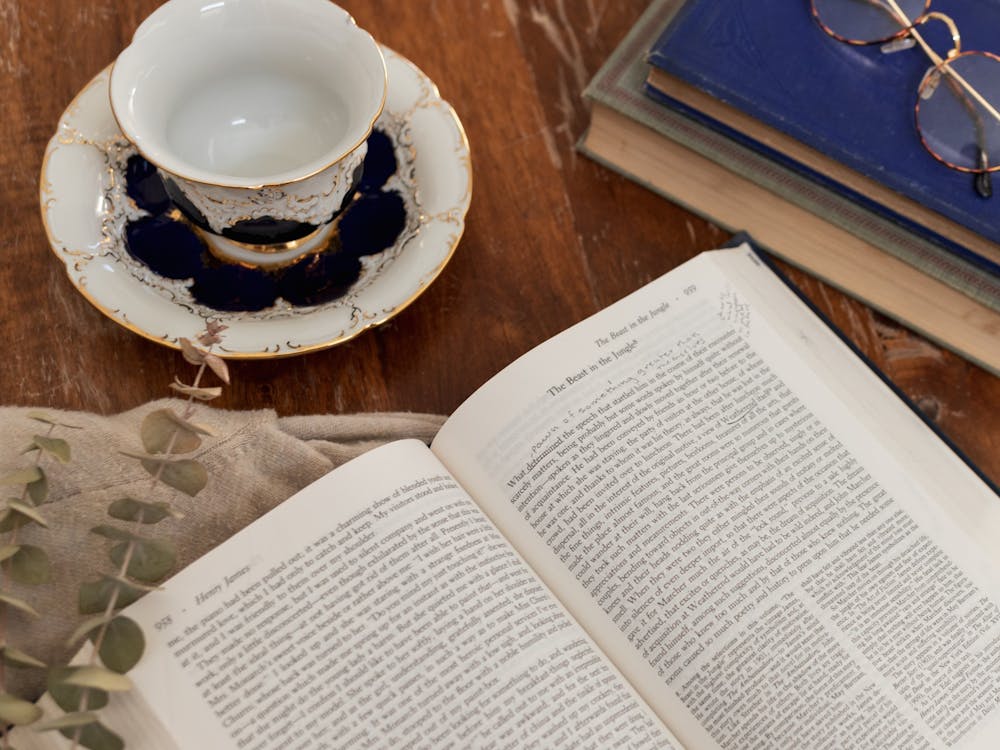The world is lying to you.
Growing up we are told a myriad of phrases that tell us how we can or can’t work our passions into our careers. “Do what you love and you’ll never work a day in your life.” “Do what you love and money will follow.” “Don’t quit your day job.” Etc.
But the world is lying to you. If no one has ever told you this, I will.
You have no obligation to turn your passion into a career. You have no obligation to sell or market or monetize your interests. If you do, great, that's really cool, but it's high time we dismantle the idea that if we enjoy something, or even if we’re good at it, we must find a way to use it to make money.
Nearly my whole life I’ve convinced myself that I am not an artist. I can’t do art and I will never learn to be an artist because the art I make isn’t good.
Good, I’ve realized, has been my own word for marketable.
No one would pay for the things I draw, paint or write; they’re too personal, too messy, too inconsistent.
But I am an artist. I love making jewelry and miniatures and collaging and drawing. I love designing clothes and sewing and I love to upcycle furniture and do my makeup. Even more than these, I love to write.
Like most English majors, I’ve been writing my whole life. Between poetry, diary entries, short stories and half-finished novels, it seems like I’ve always been writing. I used to want to be an author one day — that was my dream job — but nowadays I’m less set on turning my love for creative writing into a profit.
Never say never, but I don't think I want to be an author anymore. It's not that I don't love to write, but rather, I see my passion for creative writing as something I want to do for no other reason than for myself. The moment I start writing, drawing and creating for other people, that's when the art stops being mine.
Recently, I “celebrated” my two year anniversary of not writing for other people. In October of 2020 at the height of a global pandemic and the start of my freshman year of college, when I was a recently diagnosed diabetic and in recovery from an eating disorder, I started a Google document where I could write for no other eyes than my own.
It wasn't for school or work or self publishing — it was just for me. Looking through these two years of work, I have been able to create my favorite pieces I’ve ever done. Inside are poems, prose and pages upon pages about one topic or just a single line. In it, I write whatever I want.
I found that the marketable writing that I feel comfortable with getting paid to do is journalistic writing, and pursuing a career in that aspect has been increasingly rewarding with every piece of work I do. However, the creative writing that I love to make like poetry, personal narratives and short stories are things I chose to keep to myself — to keep as a passion and a hobby instead of something I can sell.
Setting this boundary where I can still work in a field I am passionate for, while still keeping my hobbies holy, has changed how I create my art. No longer am I writing to make things digestible or understandable to others.
Now, the work I’m creating is for me.
On the opening page of both of my journals online and in real life I have a quote from American poet Allen Ginsberg.
“If we don't show anyone, we’re free to write anything.”
As someone whose passion, work and school are all based around writing, I’ve found that setting boundaries for my creativity has changed so much about how I view my hobbies. I used to think I wanted to be a writer, and it took setting this boundary to realize that I already am and I always have been.
Being a writer or an artist isn’t reliant on if I have sold or can sell my work — I’m a writer because I write, and that's the only requirement.
Insist on the existence of your creativity. Allow your art, whatever it is, to exist without being marketable to a capitalist world. Your art doesn't have to look different or better than anyone else's. As long as it's yours it has value and it deserves to take up space in the material world.
Kate Cuadrado is the News and Managing Editor for The Beacon. She can be reached at cuadrado24@up.edu.
Have something to say about this? We’re dedicated to publishing a wide variety of viewpoints, and we’d like to hear from you. Voice your opinion in The Beacon.








